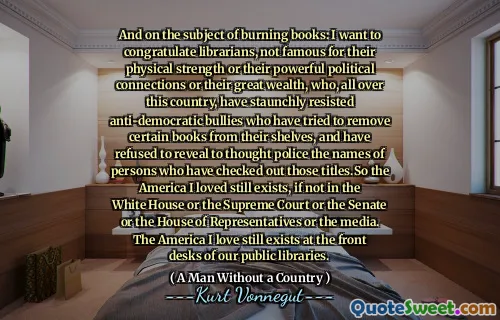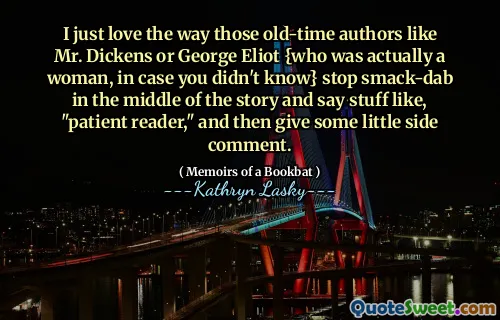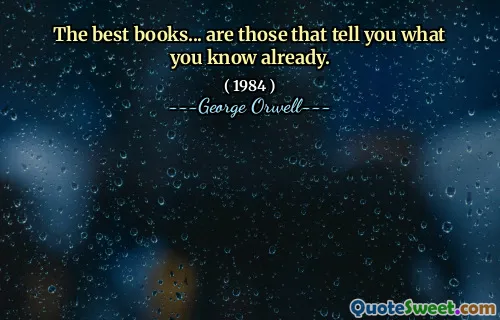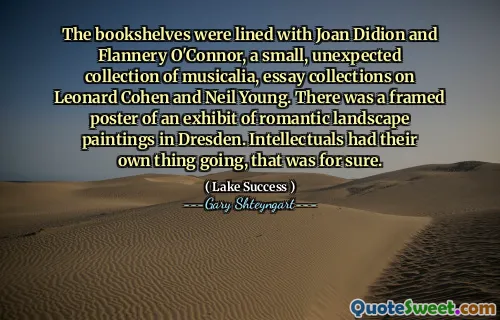We're going to meet a lot of lonely people in the next week and the next month and the next year. And when they ask us what we're doing, you can say, We're remembering. That's where we'll win out in the long run. And someday we'll remember so much that we'll build the biggest goddamn steamshovel in history and dig the biggest grave of all time and shove war in it and cover it up.
The quote emphasizes the inevitable encounters with loneliness in the future, suggesting a collective experience of isolation that people will face. When asked about their actions during this time, they can respond with a sense of purpose: they are engaging in remembrance. This act of remembering serves as a form of resilience, symbolizing hope in the face of adversity.
Furthermore, the vision of building a massive steamshovel represents a powerful metaphor for overcoming war and its destructive impact. It implies a transformative aspiration to bury the past conflicts, advocating for a hopeful future free from the burdens of violence. Ultimately, the passage champions the strength found in memory and the potential to achieve profound change through collective remembrance.





